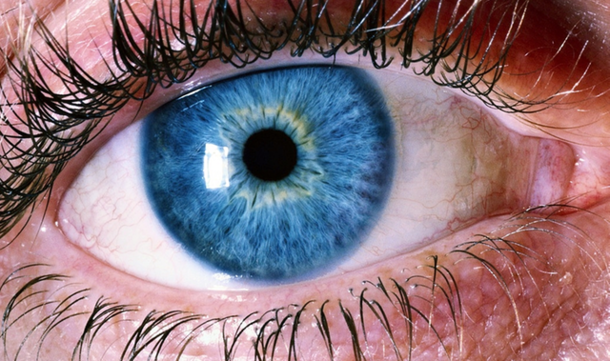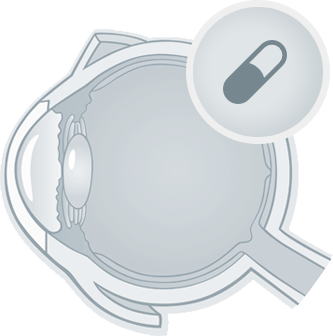SYMPTOMS
The conjunctiva can become inflamed for various reasons, the most common being allergic reactions to dust, mold, animal dander and pollen.
It can also be irritated by the action of wind, dust, smoke and other kinds of agents that produce air pollution. It can also become irritated due to a common cold or measles outbreak. The ultraviolet light from electric arc welding equipment, a solar lamp or even intense sunlight reflected in the snow can irritate the conjunctiva.
This type of conjunctivitis can be caused by processes in which the eyelid twists out (ectropion) or inward (entropion), problems with tear ducts, sensitivity to certain chemicals, exposure to irritants and infection caused by bacteria In particular (typically chlamydia).

CAUSES
Conjunctivitis can be contracted if the person who has it has been in contact with infected hands or towels. Infections can have a viral or bacterial origin.
The latter is caused by an accumulation of bacteria in the eye that can come from any other infection produced on any area of the body.
It can also be an irritation caused by chemicals, wind, dust, smoke or any other type of environmental pollution.
TREATMENT
The causes of conjunctivitis influence treatment provided for it. To begin, the eyes should be cleaned, removing the secretions with a clean cloth, warm boiled water or sterile physiological serum. Cold compresses and analgesics are often helpful also. The treatment may be the administration of eye drops, ointments or antibiotic gel. To improve allergic or viral conjunctivitis, however, the most effective is the use of eye drops with corticosteroids, which should never be used if the infection has been caused by herpes, since corticosteroids worsen the infection.
The treatment usually lasts a week: the drops are administered between four and six times daily and the ointment or gel between two and three times a day. The gel uses less times compared to eye drops and does not cloud the eye (which does occur with the ointment).
Más informacion en nuestro blog:



